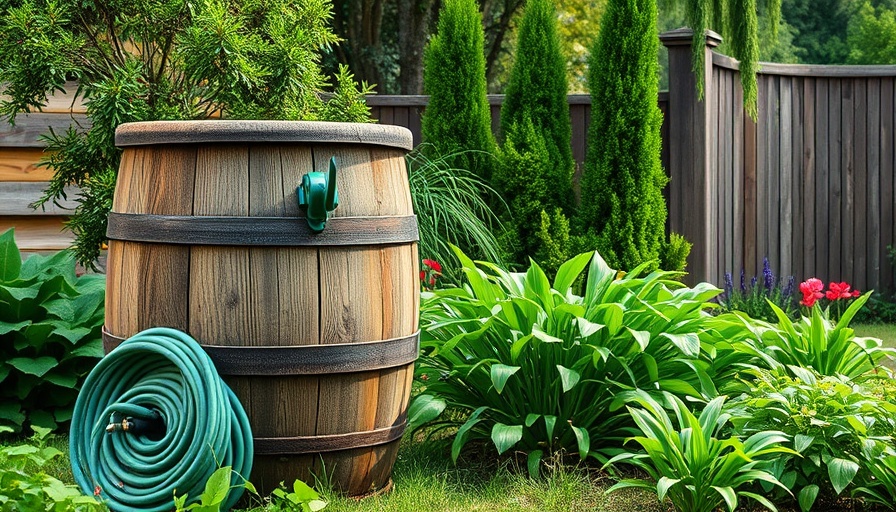
Simple Strategies to Keep Your Rain Barrels Mosquito-Free
As more homeowners embrace sustainable practices by utilizing rain barrels for water collection, one major concern arises: mosquitoes. A recent study conducted by researchers at the University of Illinois Urbana-Champaign revealed effective methods for preventing mosquito infestations in rain barrels, ensuring a healthier environment in our backyards.
Understanding Mosquito Breeding Habits
According to the Centers for Disease Control and Prevention (CDC), mosquitoes thrive in standing water, which is a perfect habitat for laying eggs. Rain barrels with open designs or inadequate coverings become hotspots for these pests. The study surveyed 53 households, discovering that over 50% had rain barrels with mosquito presence, underscoring the need for effective preventive measures.
Effective Prevention Techniques for Homeowners
The research highlighted practical solutions, such as using fine mesh screens over the barrel lids. These barriers significantly reduce the chances of mosquitoes laying eggs. Additionally, employing biological controls like Bacillus thuringiensis israelensis (Bti) and keeping an eye on water quality with treatments like chlorine can help maintain a pest-free environment. Introducing goldfish into the barrels serves as a natural predator, but users must be cautious to utilize that water only for ornamental plants to ensure safety.
Importance of Regular Inspections
Regular inspection of rain barrels is crucial. Homeowners should check for tears or cracks weekly and look for mosquito eggs at the water's surface. Should any mosquito activity be detected, it’s recommended to clean the barrel and start fresh to prevent further infestations.
Community Education Matters
Researchers emphasized that a communal effort in education and outreach can greatly enhance public health safety. By informing residents about effective mosquito prevention techniques, communities can work together toward healthier outdoor spaces. Homeowners who invest in maintaining their rain barrels not only contribute to sustainability but also safeguard their families and surroundings from mosquito-borne diseases.
 Add Row
Add Row  Add
Add 





 Add Row
Add Row  Add
Add 








Write A Comment